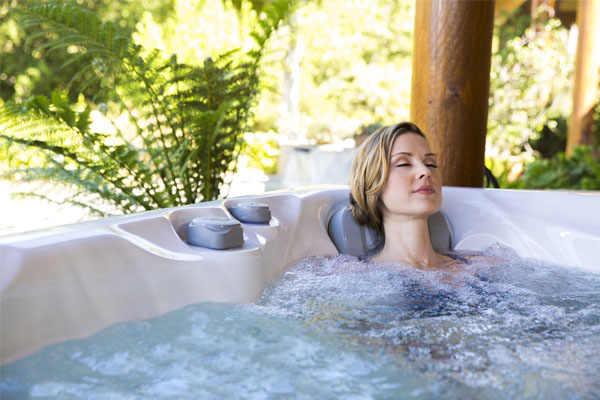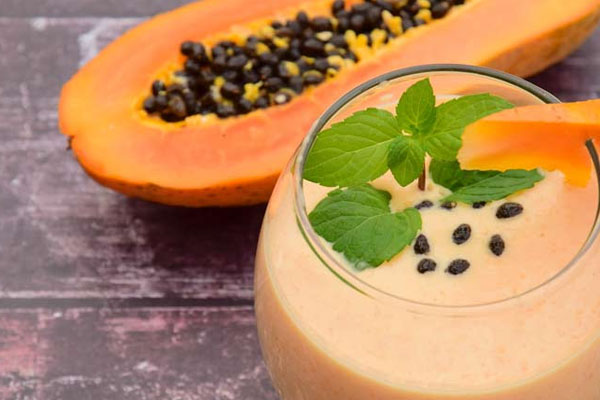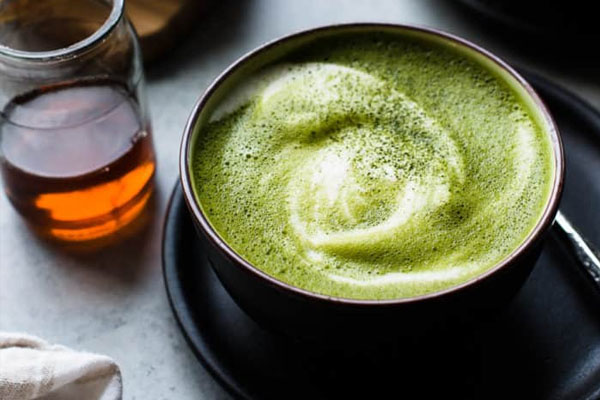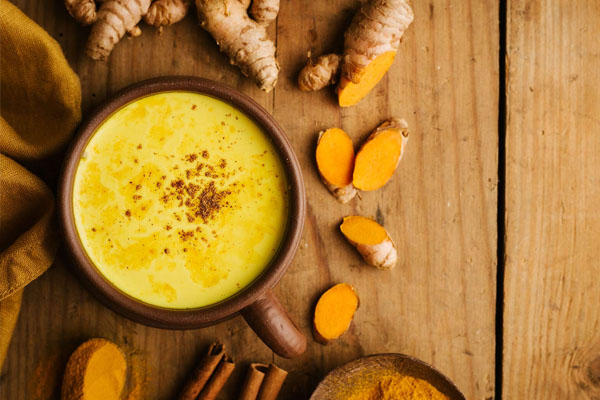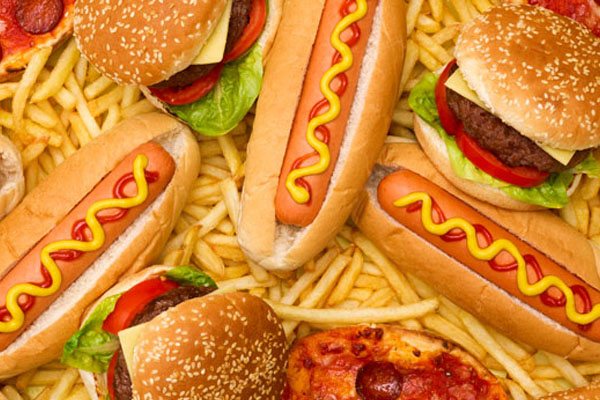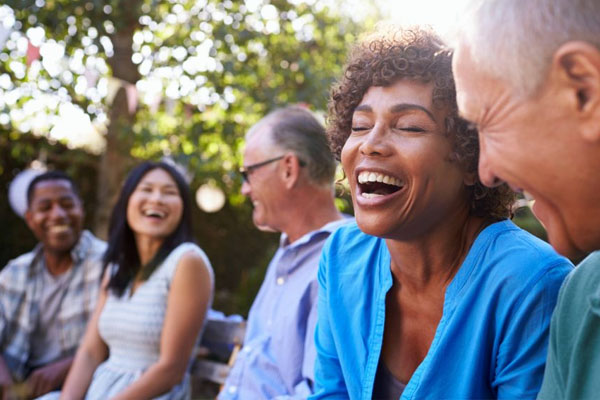Hydrotherapy is the use of water, steam or ice and hot or cold temperatures.
Hydrotherapy can:
- Increases circulation of the blood and lymph
- Cleans the skin
- Relieves pain; serve as a local anesthetic
- Lower fever
- Decrease cramps
- Induce sleep
- Soothes the nervous system
- Acts as a stimulant
- Increase physical and mental alertness
The primary reaction of the body to heat is relaxation and it is the secondary reaction to depression, sedation and atony (lack of muscle tone). Heat stimulates the nervous system and causes white blood cells to migrate from the blood vessels into the tissues, cleaning up toxins including bacteria and viruses, and eliminating waste. The primary reaction of the body to cold is stimulation and the secondary reaction is invigorating, restorative and tonic (improves muscle tone). Cold reduces inflammation by vasoconstriction also reducing inflammatory agents by making the blood vessels less permeable.
Alternating of heat and cold stimulates the adrenal and endocrine system, reduces congestion, alleviates inflammation, activates organ function, improves circulation in the digestive organs and pelvis, and helps the detox capacity of the liver.
Types of Hydrotherapy
- Baths and Showers
- Compresses
and Packs: Compresses may be hot, cold or alternating hot and
cold, and usually applied with pressure. Both compresses and packs
help stimulate the immune system and increase the white blood cell
count. Also to treat infections and bruises.
- Hot compresses applied for 30 minutes or more. Change when they cool off.
- Cold compresses applied as cold cloth wrung from ice water. Refresh as they warm up.
- Ice packs are a very cold application, usually ice or gel packs.
- Applied to the area for 20 minutes out of every hour for the first 24 hours.
- Hot packs warm a local area to relieve muscle spasms and pain and encourage blood flow, Towels soaked in hot water from the tap can be used 120 degrees Fahrenheit.
- Sprays: Sprays are strong jets of water directly at a local or general area. Showers are a type of spray. Hot and cold alternating. Cold sprays to the breastbone or upper legs stimulate the kidneys. Cold sprays or alternating hot and cold sprays on the abdomen stimulates the liver.
